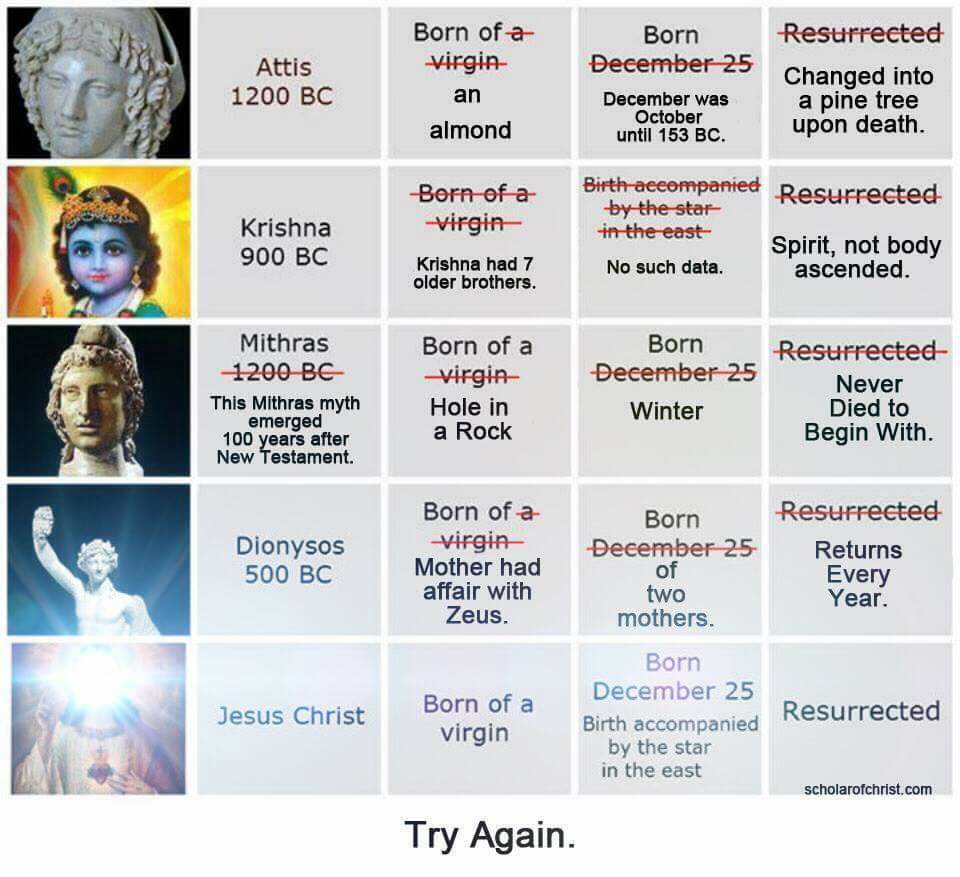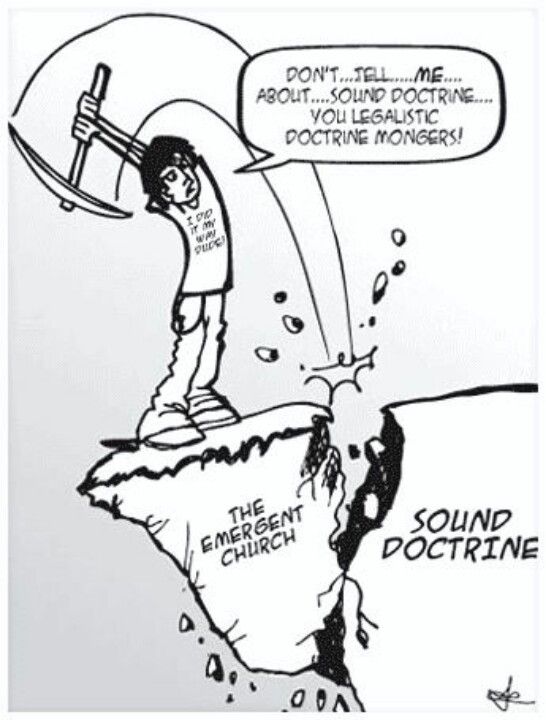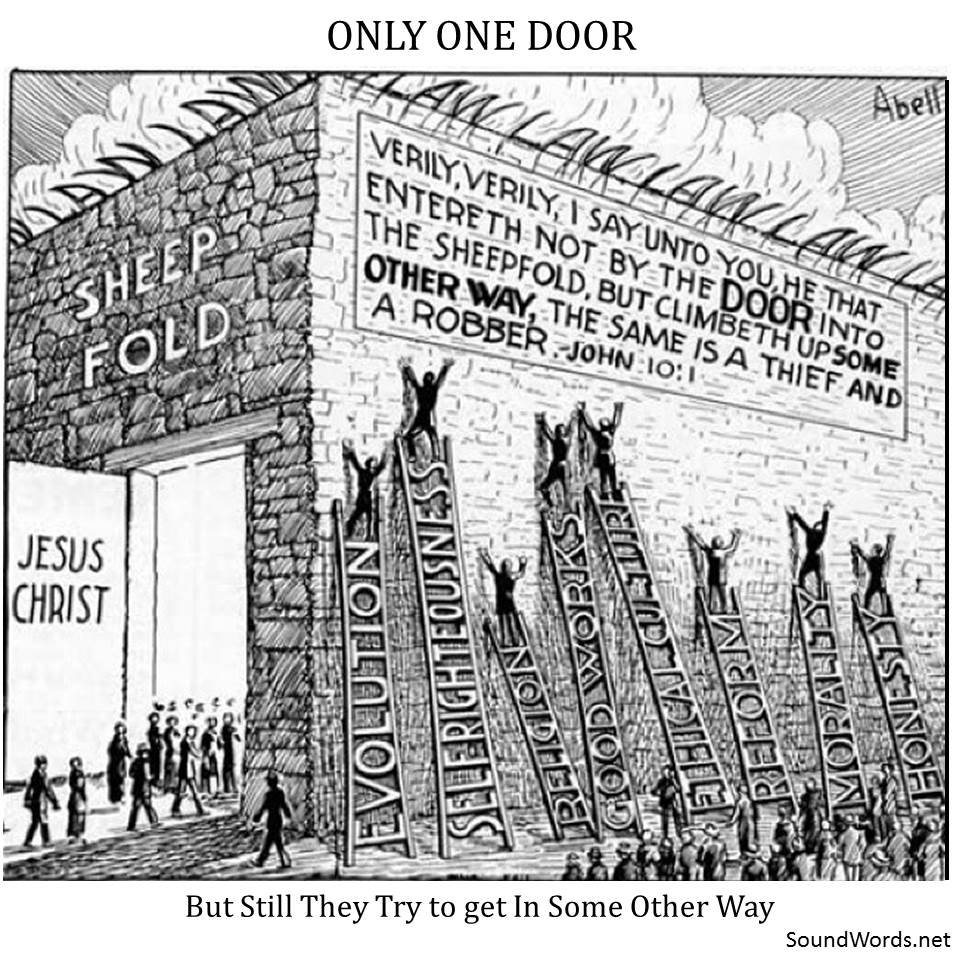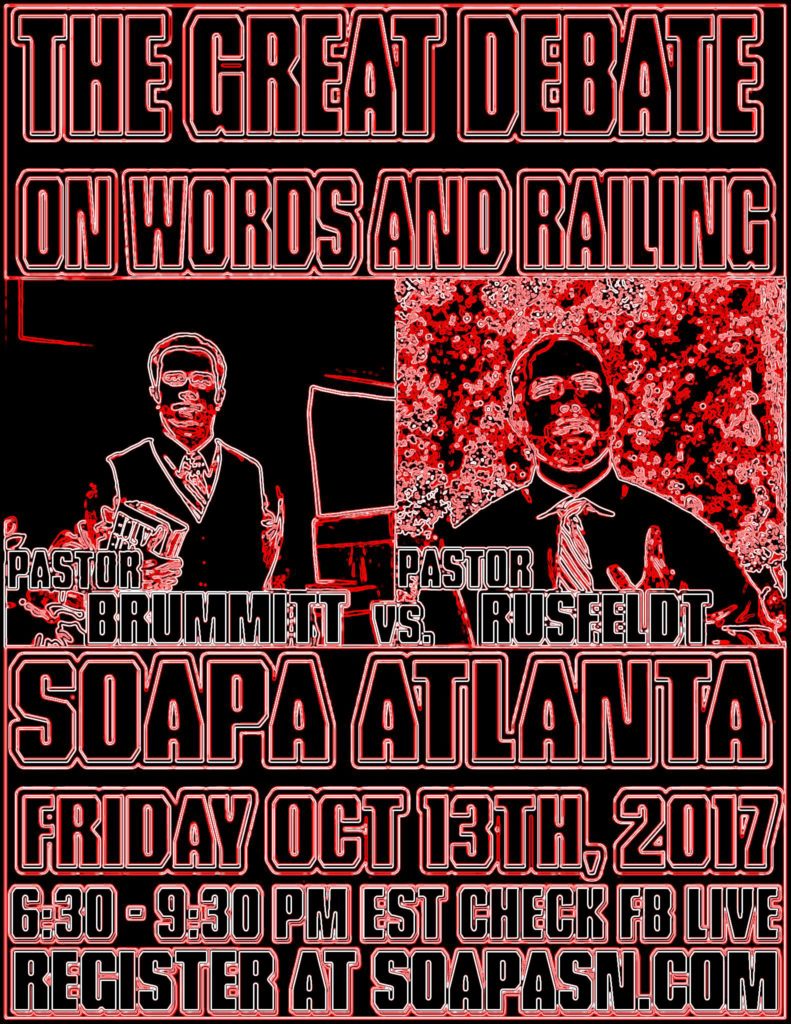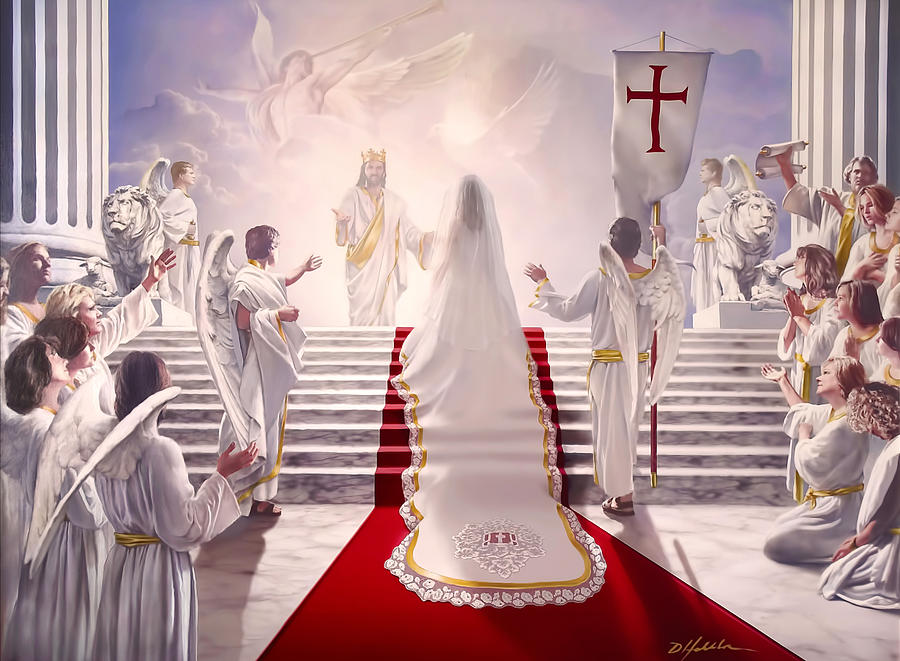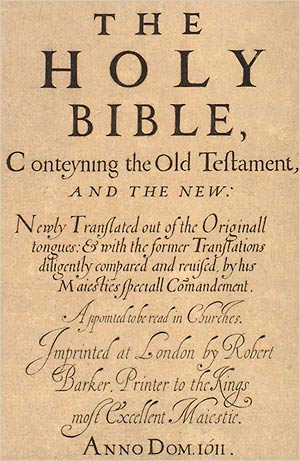intro by John McGlone
body of work by Rey Reynoso
http://biblearchive.com/blog/
In the military that is a generally accepted saying of, “Kill ’em all, Let God sort them out!” Now, on the face of it, this seems a very crude and base statement. But, the reality for military members is that is and was our purpose to protect and defend, which means to kill people. As Christians are we to rejoice in the death of the wicked as this statement seems to allude to?
After some (long) time of hunting, the American special forces have successfully found and killed Osama Bin Laden, fulfilling the mission that was implemented under the command of President Bush. As President Obama echoed the words of said president, the American resolve remained united, and an enemy was stopped. And with the preparation for the announcement came a wave of rejoicing: “Ding Dong, Osama’s dead” and “Obama got Osama” and “Thank God, Osama’s dead!”
This is not the only death that revealed people rejoicing. Adolf Hitler. Saddam Hussein. Pol Pot. As life goes on and more enemies are killed people will rejoice.
With the recent death of Billy Graham, many who opposed him and things he taught and did seemed to rejoice that he was dead and in hell. This should never be, we will give an account for every word we’ve spoken, written, taught, etc. We should be slow to speak and quick to listen.
James 1:19 “Wherefore, my beloved brethren, let every man be swift to hear, slow to speak, slow to wrath:”
In all this, an ethical question arises: should a Christian rejoice in the death of an enemy?
by Rey Reynoso
In this article I will argue that not only is it fine for a Christian to rejoice, but also it should be done—though not done in the gruesome way that I have seen it being done.
I think it would also be helpful if the reader references my examination of an imprecatory Psalm (that is, when the Psalmist prays for the destruction of his enemies) and the post on Christian and Curses and my post on the image of God.
This article will be divided into four major sections: (1) Where Rejoicing is Wrong; (2) Where Rejoicing is Right; (3) Where Theology Meets Practice; and (4) Conclusion. The first three major sections will each have a summarizing point to help the skimmers but I strongly encourage reading through them and the cited verses.
Where Rejoicing Is Wrong.
It must be frankly admitted that there is a reason why Christians struggle with this. We do have explicit passages that speak into this matter of rejoicing over the fall of an enemy. Proverbs 24:17-18 says:
“Do not rejoice when your enemy falls and do not let your heart be glad when he stumbles; or the Lord will see and be displeased and turn His anger away from him.”
And the passage echoes other passages. Job, for instance, sees himself as righteous because he hasn’t rejoiced at the death of his enemies (Job 31:29). Or when we see the wicked doing it, we automatically know it isn’t right (Judges 16:25; 2Sa 16:5-6; Psalm 35:13-15; 42:10; Micah 7:8).
Indeed, the Proverbs go on to be careful with gloating at all over disaster (Proverbs 17:5) and call for the righteous to care for their enemies—to clothe them and feed them (Prov 25:21) something our Lord Himself says (Lev 19:17–18; Matt 5:44) and which Paul repeats (Rom 12:14).
This whole idea of not rejoicing for the wicked is evidenced when God says (Ezekiel 18:23; 33:11)
“As surely as I live,” declares the Lord God, “I take no pleasure in the death of the wicked, but rather that they turn from their ways and live. Turn! Turn from your evil ways! Why will you die, oh house of Israel?”
God would rather the people repent. Peter echoes this idea when he looks back and sees that God’s forbearance is the only reason people haven’t been wiped out (2 Peter 3:9)
Section 1 Summarizing Point: Obviously we see that rejoicing over the death of “my” personal enemy is wrong. It seems to indicate that the personal tramping on an individual’s enemy is not something that is applauded. We see that although God judges the wicked, he’s not happy about it but rather patient, affording time so that they may repent.
Where Rejoicing Is Right.
Now there are also plenty of passages which are overlooked. For example, Proverbs 11:10 says
When the righteous prosper, the city rejoices; they shout for joy when the wicked die
The Proverb seems to be working with the antithesis of what happens when the wicked are in charge. When they’re in charge the righteous groan and are oppressed (Prov 11:11; 28:12; 29:2,11 )
Indeed, this idea isn’t foreign to the rest of Scripture either. For example we have in Psalm 58:10 this idea of the people corporately rejoicing in the death of their enemies
The righteous will be glad when they are avenged, when they bathe their feet in the blood of the wicked.
This bathing their feet in blood (battlefield imagery) happens elsewhere in the Psalms in case you’re wondering (Psalm 68:23). And lest we get ideas that this is something that merely happens and isn’t to be applauded, we have Psalm 91:8 making it an expectation, a final shutting up of the wicked (Psalm 107:42) . All of Psalm 52 seems to be an expectation for the righteous to witness the destruction of the wicked.
In Deuteronomy 32:43 we hear this clarion call to corporately rejoice:
Rejoice, O nations, with his people, for he will avenge the blood of his servants; he will take vengeance on his enemies and make atonement for his land and people.
Indeed, Jeremiah prays for it (Jer 11:20; 20:12).
We find the early church citing Psalm 2 as part of their corporate prayers after Peter and John were beaten (Acts 4:23-30) and they request that the Lord stretches out his hand to heal, perform signs and wonders in the name of God’s servant Jesus. This is interesting, because in Psalm 2, the Lord God is laughing at the enemies of his anointed one (Psalm 2:4) because they stand there daring to revolt. When the early Church prays for God to perform wonders, it is recalling the wonders done before Pharaoh: powerful signs that prove that God, the creator of heaven and earth, is in charge (check Exodus 1 – 15 for the original story).
Upon the destruction of Babylon the Great, we see a call for the people of God, heaven itself, to rejoice over her destruction (Rev 18:20):
Rejoice over her, O heaven, and you saints and apostles and prophets, for God has pronounced judgment against her on your behalf!
This is a call that is taken up elsewhere in the apocalypse (Rev 12:12 ) and obeyed in the Rev 19:1-4 in heaven rejoicing over the destruction of their enemy. It’s not the first time that there is singing in heaven as we see in Rev 15:3 the people singing the song of Moses.
Which immediately recalls two songs from the day of Moses. The song of Moses from Deuteronomy 32 where we have clauses of God defeating Israel’s enemies, and the Song of Moses and the Israelites from Exodus 15 where Moses and the people sing and rejoice because the Lord has destroyed their enemies. It wouldn’t be the last time where the people of Israel rejoice over the death of their enemies (Esther 8:15; 2 Kings 11:20 ).
Section 2 summarizing point: We can either conclude that there is a contradiction, a contradiction, or a contradistinction: that the joy in these passages is distinctly different from the joy in the previous section. I think that the verses here reflect that, since it isn’t an individual rejoicing against his or her personal offender, but an individual joining the corporate rejoicing against their corporate enemy. Rejoicing in this sense is apparently justified and expected. They also reflect that although God is not willing that the wicked perish, he does have the wicked perish and he expects his people to be happy about his activity.
The Wicked and Reality: Where Theology Meets Practice
I think we Protestants suffer from a very deistic view of reality, something that I applaud the Orthodox and the Roman Catholics for properly addressing. Reality, say the Orthodox and the Roman Catholics, is not a two-tier house where you have This Physical Realm and then, the second floor with That Spiritual Realm. Reality is more like one floor where the spiritual and the physical co-exist. Now, they take this to a whole ‘nuther realm by having prayer for the dead and praying to God through icons—which all is wrong—but they make a good point. A point that the Psalter repeatedly makes: justice is not merely the purview of That Spiritual Realm. The Justice of God definitively begins here, in This Physical Realm because it is all (yes, all) God’s reality.
So you’ll have Paul looking at sinful humans acting in accordance with their lusts and saying that the wrath of God is (currently) evident (Romans 1). Or you’ll have Paul warning believers to obey their governing bodybecause it is God’s instrument and it properly carries the sword of wrath against injustice (Romans 13).
And when you have judgment poured out against Israel via the Assyrians or the Babylonians, we find that God is speaking saying that this is his judgment—a foreign people attacking the Israelites like a wielded axe. These foreigners are an instrument in his hand for wrath. So you’ll have the entire book of Hosea speaking about the righteous surviving God’s wrath not so much in some future spiritual realm but right then, holding on to the Lord’s salvation.
The idea of God’s justice is something that results not only in Angels chanting, or people rejoicing, but the very physical creation yearns for it (Romans 8) and rejoices when it happens. So you’ll see a great pairing of Psalms, with one calling for the Lord to stamp down the wicked (Psalm 94), the Psalmist depending on the Lord to do it, and then (Psalm 95 and 96) the mountains and oceans rejoicing when it does happen.
Of course, a point that I made in a previous post still stands: that when imprecation is leveled against the Psalmists’ enemies, it is almost always coupled with self-examination. The reason is that justice is a thematic thread throughout the Psalter—and all of Scripture. There is a constant expectation for the balancing of scales; but when it happens in the Now, there is rejoicing: something that the section up above reflected quite concisely.
You’ll see God saying things like Ezekiel 18:32 where he doesn’t rejoice in the death of anyone—and yet he still has people die and be punished because he judges the earth (Psalm 58:11). We hear Lamentations 3:33 where he doesn’t willingly bring affliction or grief to the children of Men and we have the entire book of Job where God was willing to bring affliction to a child of men.
The problem then becomes one of applying theology to our practical situation.
Some Christians take Section 1 Passages and ignore Section 2 Passages, or worse, relegate Section 2passages to some later day. They forget that the call in the book of Proverbs, is not one so much of law (which we Christians tend to gravitate toward—check out my article on the Pearl Method) but one for wisdom.
This is why you have apparently contradictory Proverbs back to back (Prov 26:4-5) and seemingly contradictory Proverbs separated by space (Prov 11:10; 24:17). It calls for some serious wisdom on when to implement one over the other; and quite frankly it is sometimes just impossible. The nature of wisdom literature is to paint two extremes so as to reflect on the differences. It is either Lady Wisdom or Harlot Foolishness. It is either Life or it is death.
So when you read Proverbs 21:15
When justice is done, it brings joy to the righteous but terror to evildoers.
It’s not a command, nor is it something that will definitely happen, but it paints a picture of the evildoers position against justice being done.
And when you read Proverbs 24:19-20
Do not fret because of evildoers or be envious of the wicked; for there will be no future for the evil man; the lamp of the wicked will be put out
It might be read as a promise, but it should properly refer to the activity of the wise man in relation to the wave of wickedness.
Summarizing Point: Putting our theology to practice consists of a Biblical robustness that necessarily reaches beyond mere proof-texting. We can’t merely go with the romanticized internal feelings of something not feeling right, or with the rationalistic mentality of something looking like what evil people do. We need to examine a large swath of passages and see how they correlate and a wide variety of circumstances thus allowing God to say what God wishes to be said. God is supreme, and He is judge, and the Kingdoms of the World, when they do right, do right according to His will and should be applauded for that. When they do wrong, even if it is in accordance to his plans, they always are blamed because they willingly did wrong.
Concluding Points on the Death of the Wicked And Our Reaction
So we have passages that speak of individuals not rejoicing over the death of their personal enemies and passages speaking of corporate rejoicing over the death of their corporate enemies. We have an understanding that God judges in the future, but that we see his judgment and justice sometimes right now in the present—and that rejoicing is expected in these situations. But at this point we have to make some mental ties while avoiding extremes.
- One extreme is to become holier than God. Since the sinner has been punished, we should weep and pray for his soul or some such thing. It is appointed for man to die—and if his life is cut off via judgment of his instrument. It is in this world that God has cut the man off to introduce him to judgment. End of opportunity for repentance. A decision has been made. If it happens in the house of God with certain sins, suggests John, what makes us think that the God who even numbers the hairs on heads doesn’t act this way in reality? All of Scripture tells us he does (re-read the book of Daniel for instance). Trying to be holier than God is ultimately idolatrous. God judged, we must agree that He has done right, and we should be happy about that.
- Another extreme is to become holier than other believers in not-rejoicing. Christians are told to weep with the mourners and rejoice with the rejoicers but it also tells us to be careful when we do either. If there is a legitimate time for mourning, it is actually wrong to look at fellow tear-shedders as doing something morally wrong. Christians should be incredibly leery of merely finding a proof-text to justify judgment of fellow believers when there is a very deep theological grid-work underlying all of it.
- And yet another extreme is to revel in rejoicing. We’re believers who have been called to live where we are (1 Cor 7) but that doesn’t mean that we are to be carried away in the actions and activity of the world around us. John tells us that the World System is antithetical to the Christian even while Paul tells us that the World’s Systems have been established by God. To do (horrid) things like raising a decapitated head of one’s enemies is just really missing the point of both the image of God and God’s own justice.
All of this tells me that when the enemy of the People is judged by God, cut off, and justice is served: the Lord has done right; the people should rejoice. Just like the Song of Moses rejoices in the cutting off of enemies, there is a rejoicing that should go hand in hand with justice being served. It is not to be avoided merely on the grounds that the Wicked also rejoice in wrongdoing—that just means that they have perverted something that is proper and right.
It might be a sticker situation deciding Who Are The Wicked and Who Aren’t The Wicked but that goes beyond the boundaries of it being okay or not to rejoice. I think that Hitler was obviously “The Wicked” even if the people being killed were sinners. I think that Stalin was obviously “The Wicked” even if the people being killed were unrighteous. In each of those cases, the unrighteous become “The Innocent” that can rightly bring a charge against “The Wicked” and demand a balancing of the scales. In both cases, I think it is right for the people to rejoice over the death of the wicked, but not in some horridly gruesome way (like banners with decapitated heads).
Justice, which belongs to God, triumphed and we should rejoice in that. It happened in time, right now, and that is a foretaste of a future balancing of scales where the God of heaven surely does right and every mouth is shut. We shouldn’t look down on fellow Christians that are rejoicing, but we also shouldn’t become bloodthirsty in our rejoicing.
We should, I think, act wisely in even this and realize that a robust theological foundation is much broader and all-encompassing than a mere proof-text or a blanket statement. One day, we will definitely rejoice when every knee bows, by hook or by crook, to the seated and reigning King—but in the present we can rejoice when we get a foretaste of a government that functions correctly.
Now, what about Saddam Hussein or Osama bin Laden: should we rejoice that justice has been served against these men? Yes, I think we should. We shouldn’t be morbidly happy about it, but we should say and believe that a government has properly used it’s God-given sword and be happy about that. We shouldn’t be morbidly happy with gruesome depictions of the dead, but we should stand with those who mourned and say “Yes, God’s arm can be seen in this bit of justice.”







